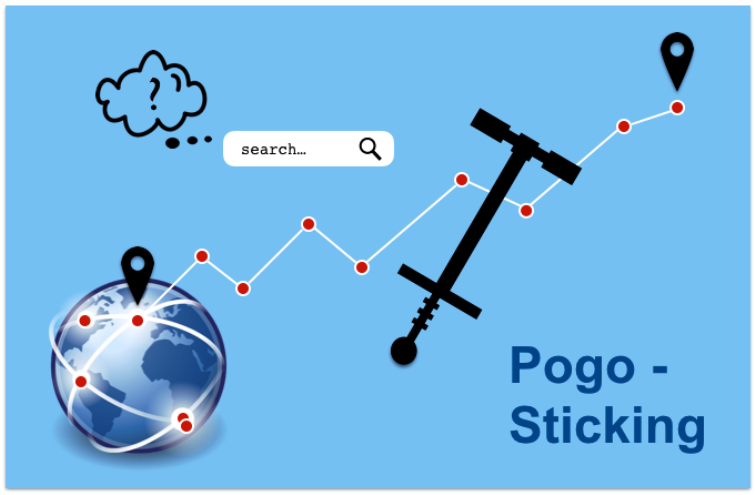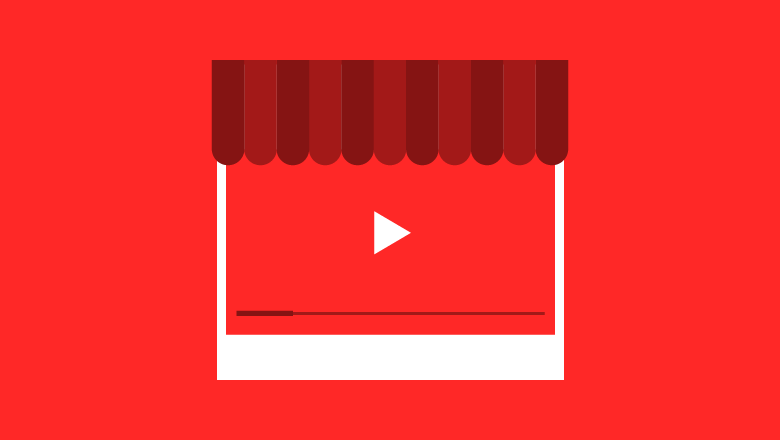Simple 200 Factors For Rank Higher in Google

PAGE-LEVEL FACTORS
- Keywords in Title Tag: For a perfect On Page SEO, this is the initial stair. You must have the keyword in the title tag. It plays a vital role in SEO.
- Title Tag starting with Keyword: Title tags containing a keyword in the start perform better than title tags containing keyword in the end.
- Keywords in Description Tag: Earlier was a very important factor, but not now. But now also it makes a little bit difference.
- Keywords in H1 Tag: H1 tags are second title tag and it is important to use keywords in H1 tags.
- Keywords in H2 and H3 Tags: Your keyword as sub heading is a negative point.
- Use of keyword frequently in the post: Use keywords around 6-7 times if your article is of 12-15 lines. It acts as an advantage.
- Content Length: Longer content with useful information is preferred over shorter content.
- Keywords Density: Use a decent density of keywords. Over usage is risky.
- Content filled with (LSI) Latent Semantic Indexing Keywords: Presence or Absence of LSI Keywords is included in the quality of the content.
- LSI Keywords in Description and Title Tags: LSI keywords in Title and Description tags are equally necessary as in the content of the post.
- Loading Speed and Time of the Page: Speed and Time taken to open the page of the website is also used as a ranking factor. More the speed and lesser the time is, better ranking you get.
- Content Duplication: Alike and indistinguishable content gets you in danger zone. Unique content is a must.
- Rel=Canonical: Using this tag in a proper manner may prevent Google from considering pages with duplicate content on your website.
- Loading Speed via Chrome: Google might use Chrome to calculate the speed and loading time of the website.
- Optimization of Images: Optimization of images is equally important as optimization of text. Adding Title, Alt Text, Description, correct file name and caption optimizes images separately.
- Recentness in Content Updates: Google examines the recentness in the content updates and it errands recently updated content. It observes the date when the recent post was uploaded on that website.
- Amount of Updates: Making updates to your website regularly is very important and that too at regular intervals.
- Frequency of Updates: Frequency in updating content is also a big factor. It is checked whether you are updating your site daily or weekly or monthly and so on.
- Eminence of Keywords: Make sure your keyword appears in the first 10 lines of your content. It gives you an advantage.
- Order of Keywords: If the order of the keywords entered as the search query in the search box is same as that present in your content, you’ll definitely be preferred. This is why you should select the keywords after lots and lots of research.
- Number of Outbound Links: Too many outbound links are also harmful.
- Quality of Outbound Links: If you have given the links of quality and authority websites in your posts, it helps in developing trust on you.
- Outbound Link Theme: The content of the pages to which you have referred or have provided a link on your website, is also tested for relevancy.
- Spellings and Grammar: Obviously your grammar and spellings in your language must be correct. It signifies quality.
- Complementary Content: Helpful complementary content like currency convertors, scientific calculators gives you a lead.
- Multimedia: Use Multimedia elements in addition.
- Number of Internal Links: Good and a number of internal linking are important.
- Quality of internal Links: If quality websites give links of your website, then it has a very strong impact on the image of your website.
- Syndicated Content: Make sure your content is not copied. Copied content will decrease your ranking.
- Broken Links: Too many broken links are also a wrong thing done.
- Reading Level: The presentation of your content also matters a lot. If it is easy to read it is good for your rank. Basic reading level is good as it can be understood by maximums.
- Affiliate Links: Affiliate Links won’t hurt your ranking but having many is a minus.
- Coding Errors: What can be worse than creating coding errors in HTML. It indicates poor quality site.
- Domain Authority: If you’re equal in every case then a page on high authority domain will also be chosen than low authority domain.
- Page Rank: Obviously, higher PR pages are chosen over lower PR pages.
- URL Length: Keep them shorter. Long URL’s hurt visibility.
- URL Path: Keep it as closer as possible to Home Page.
- Human Editors: It is possible that Human Editors are used by Google to impact SERPs.
- WordPress Tags: Tags are WordPress-specific relevancy signal.
- Keyword in URL: Not a necessity but a plus.
- URL String: Google reads the categories written in URL which tells what the page is all about.
- Page Category: If the category of the page is related to the search query you’ll get an advantage.
- Sources and References: If you add sources and references like authoritative sites, research papers etc then you’re actually following Google quality guidelines.
- Numbered and Unnumbered Lists: Content broken in lists always make it easy to read and more user friendly. Google too likes this.
- Priority of Page in sitemap: The priority a page is given via the sitemap.xml file influences ranking.
- Too many Outbound Links: As discussed earlier, it harms the ranking of your website.
- Quality of other Keywords for which the Page Ranks: It is an internal sign indicating excellence of content.
- Page Age: Though Google prefers fresh pages but older pages updated regularly also outrages quality.
- Nice GUI: If the layout of your page is good you’re going nicely.
- Parked Domains: These are less visible.
- Useful Content: Upload useful content. People will stay longer on your site.
Don’t miss: How to do proper keyword researching





